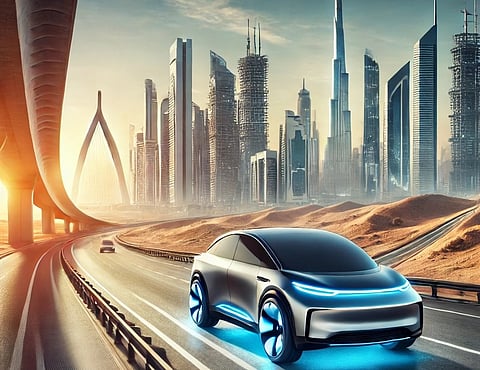The Future of Electric Vehicles in the Middle East: A Shift Towards Sustainability
The Middle East, long known as the epicenter of global oil production, is now witnessing a paradigm shift towards electric vehicles (EVs). With rising environmental concerns, government initiatives, and advancements in technology, the region is gearing up for an electrified future.
But what does the road ahead look like for EVs in the Middle East?
Growing Government Support
Several Middle Eastern nations have announced ambitious plans to promote EV adoption. The UAE, Saudi Arabia, and Qatar are leading the way with incentives such as tax exemptions, free charging stations, and investments in EV infrastructure.
Dubai, for example, aims for at least 10% of its vehicles to be electric by 2030, while Saudi Arabia has pledged that 30% of the cars in Riyadh will be EVs by 2030.
Investment in Charging Infrastructure
A major hurdle in EV adoption is the availability of charging stations. However, governments and private players are rapidly expanding charging networks. Companies like Tesla, Lucid Motors, and local firms are installing fast-charging stations across key urban centers and highways to support the transition.
EV Market Growth and Consumer Adoption
While EV adoption is still in its early stages in the Middle East, consumer interest is rising. Luxury EV brands like Tesla and Lucid Motors are gaining popularity, while regional automakers are also entering the market.
The affordability of EVs remains a challenge, but with declining battery costs and government incentives, ownership is expected to increase.
Challenges to Overcome
Despite the promising outlook, challenges remain. Harsh climatic conditions, including extreme heat, pose concerns for battery efficiency.
Additionally, the region’s deep-rooted oil economy means that transitioning to EVs requires overcoming economic and infrastructural barriers. However, as technology improves and governments push for diversification, these hurdles can be mitigated.
A Promising Future
The future of electric vehicles in the Middle East looks bright, with strong government backing, growing consumer interest, and significant investments in infrastructure. While challenges exist, the region’s commitment to sustainability and innovation signals a new era of transportation.
As the world moves towards a greener future, the Middle East is gearing up to be a key player in the global EV revolution.


